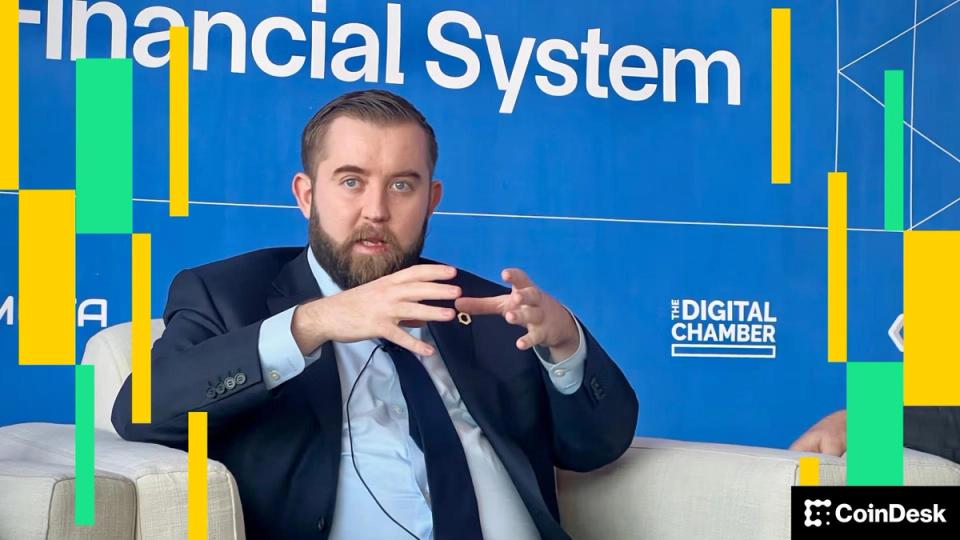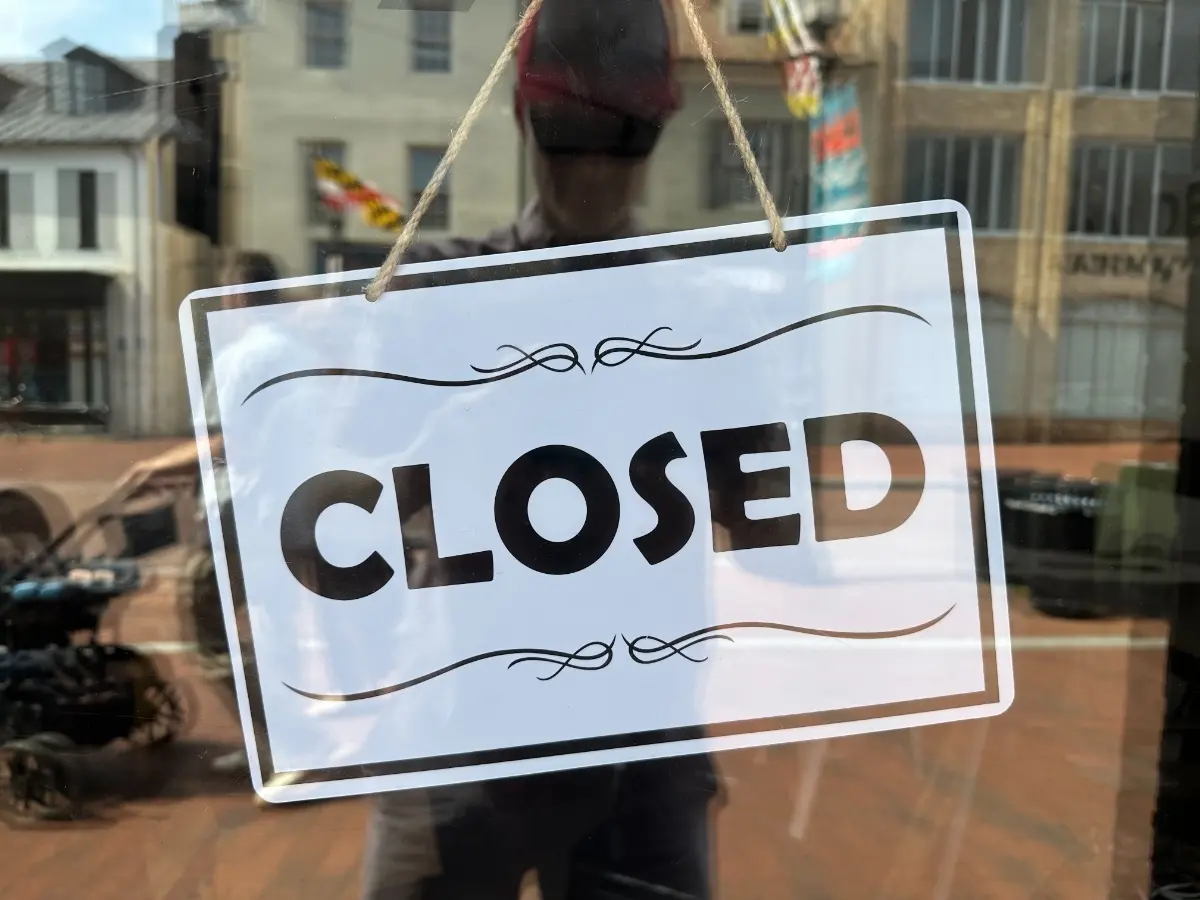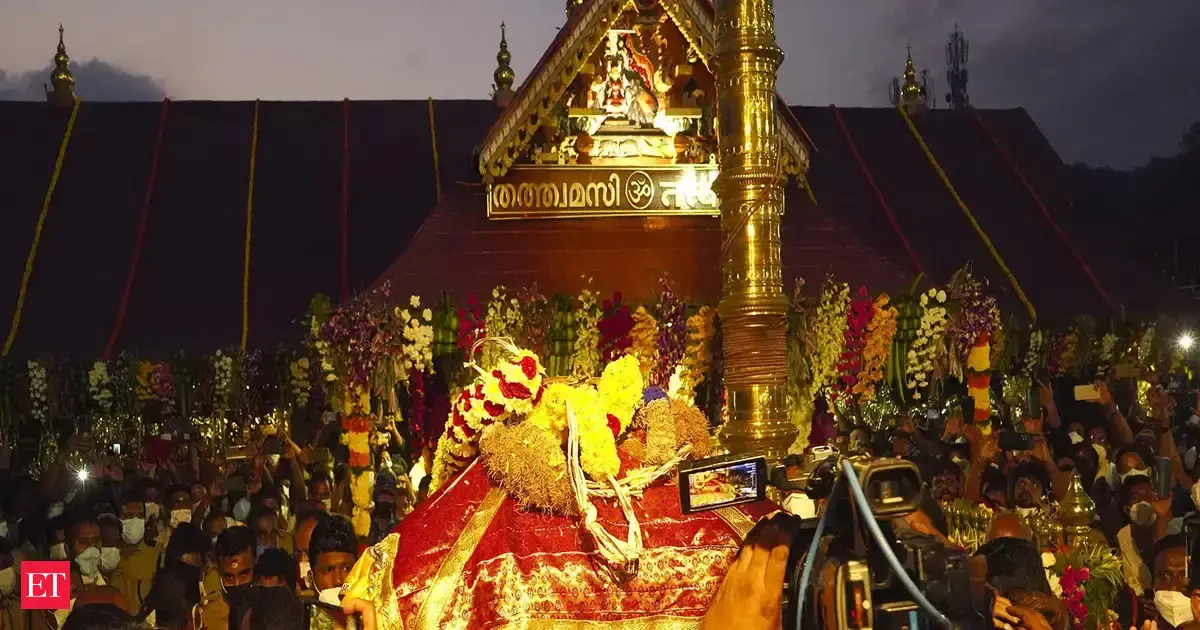Copyright stabroeknews

When he was sworn in on September 7th, President Ali made a number of solemn commitments about how he intends to govern. Interestingly, he launched a broadside against lobbyists except that there were a number of such persons in attendance at the inauguration. While speaking about corruption, the President said: “On this note, I wish to emphasise that the government does not have a system of lobbying, and any person representing themselves as lobbyists or peddling access to anyone in government is misrepresenting themselves and misleading others. A special mechanism will be set up to deal with such individuals”. It would be interesting to see what “special mechanism” will be established as it was not in effect for the inauguration. What he had to say about corruption was even more important. President Ali said: “Corruption undermines the efficiency, fairness, and credibility of public service. That is why we will strengthen our anti-corruption efforts by establishing a dedicated Anti-Corruption Unit, tasked with excising this cancer from our institutions and holding public officials to the highest standards of integrity. Every official will be required to account for their personal assets, and anyone who cannot do so will face the full force of the law. We will pursue both the corrupted and the corrupters, leaving no room for impunity”. This was serious talk and the President will now be expected to deliver on his commitment. Thus far there has been no evidence of an Anti-Corruption Unit and whether accounting for assets will be properly done under the current Integrity Commission Act. There are many types of corruption that the government has to address if President Ali is serious. The most obvious one, of course, is procurement corruption given the billions that have been assigned to the infrastructural sector. Just a slice from these large outlays is enough to enrich corrupt public servants for life. In its October 11, 2025 editorial Stabroek News called into question the manner in which the government had entered a deal with InterEnergy of the Dominican Republic for a management contract for Guyana Power and Light (GPL). The breaches of the Procurement Act associated with this deal have been previously pointed out. It revolves around the single-sourcing of the contract to InterEnergy which is not permitted under the Act. How could President Ali be taken at his word if on entering office, his government proceeded untroubled into the deal with InterEnergy without a plausible explanation for the breaches of the Procurement Act? Equally dismissive about the concerns over the deal was Rolando González Bunster, the President and Chief Executive Officer (CEO) of InterEnergy Holdings. When he was questioned by Stabroek News in the Dominican Republic about the deal, he said he was unconcerned about questions that have been raised here about the breach of the Procurement Act. He also worryingly cited expedience. Mr González Bunster stated: “I don’t get involved in how it was done. Whoever did it and how they did it had the authority to do it. Whether you think it was the right way or not …expedience is necessary when you …are facing serious issues. Stabroek News then followed up by saying that it has been argued in Guyana that the deal was not in compliance with the Procurement Act and so that it would be unlawful unless it was properly explained. Mr González Bunster replied: “I don’t get involved in that. It is none of my business”. If that is the type of corporate accountability that Guyana is attracting into its Procurement sector then there are major problems ahead. The onus is however on the government to address how InterEnergy secured the contract in breach of the Procurement Act. GPL, the procuring entity, is yet to provide an explanation. One other major area of attention for procurement probity is the role of the Evaluation Committees under the National Procurement and Tender Administration (NPTAB). It was one of these committees which extraordinarily handed the $868m Belle Vue pump station contract to an unqualified social media influencer friend of the government. Despite the outrage over the award of this contract it was not cancelled under the Ali administration but quietly subcontracted out to another company. There have been other such cases but neither the NPTAB nor the government has provided satisfactory answers. The Evaluation Committees can be hotbeds of corruption and diktat from government and party officials. How the members of these committees are selected and whether they possess the relevant skills was not addressed by the previous Ali administration. Whether the President’s declarations on September 7th can be taken seriously will soon be tested by the way his government addresses the procurement sector.



